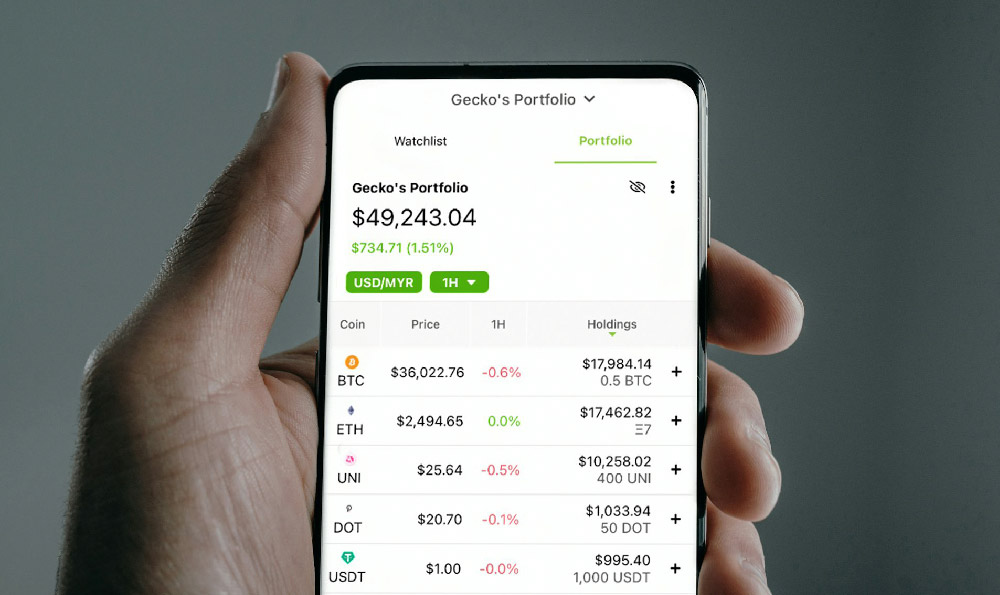Is Rental Property a Good Investment? A Lucrative Venture?
The allure of passive income, the tangible nature of real estate, and the promise of building long-term wealth often lead individuals to consider rental properties as a viable investment option. But is owning a rental property truly a path to financial prosperity, or is it a more complicated endeavor fraught with potential pitfalls? The answer, as with most investment decisions, is nuanced and depends heavily on individual circumstances, risk tolerance, and a thorough understanding of the real estate market.
One of the primary attractions of rental property lies in its potential for generating consistent cash flow. Rent collected from tenants can theoretically cover mortgage payments, property taxes, insurance, and maintenance costs, leaving a surplus that contributes to the investor's overall income. This "passive income" is often touted as a major benefit, allowing investors to supplement their existing income streams and potentially achieve financial independence. However, relying solely on rental income as truly passive income is often a misconception. Managing a rental property, even with a property manager, requires time, effort, and a proactive approach to problem-solving.

Beyond immediate cash flow, rental properties also offer the potential for appreciation. Real estate, historically, has proven to be a resilient asset class that tends to increase in value over time. As the property appreciates, the investor's net worth grows, creating an opportunity for future wealth accumulation. This appreciation can be realized when the property is eventually sold, generating a significant profit. However, it's crucial to remember that real estate values are not guaranteed to rise consistently. Market fluctuations, economic downturns, and changes in local demographics can all impact property values, potentially leading to losses.
Furthermore, rental property investments can provide tax advantages. Landlords can often deduct expenses such as mortgage interest, property taxes, insurance premiums, repairs, and depreciation, which can significantly reduce their taxable income. These tax benefits can further enhance the profitability of a rental property investment. However, tax laws are complex and subject to change, so it's essential to consult with a qualified tax professional to understand the specific tax implications of owning a rental property.
Despite the potential benefits, investing in rental properties is not without its challenges. One of the biggest hurdles is the initial capital investment. Purchasing a property typically requires a significant down payment, closing costs, and funds for potential repairs and renovations. Securing financing can also be challenging, especially for first-time investors.
Moreover, being a landlord comes with responsibilities and potential headaches. Finding reliable tenants, managing tenant relationships, handling repairs and maintenance issues, and dealing with potential evictions can be time-consuming and stressful. Vacancy periods, when the property is unoccupied, can also negatively impact cash flow, as the landlord is responsible for covering all expenses without any rental income.
The local real estate market also plays a critical role in the success of a rental property investment. Factors such as population growth, job market conditions, and local amenities can all influence rental demand and property values. Thorough market research is essential to identify areas with strong rental demand and potential for appreciation. Understanding local zoning regulations, property taxes, and crime rates is also crucial.
Choosing the right type of rental property is another important consideration. Single-family homes, apartments, townhouses, and condos all have their own advantages and disadvantages. Single-family homes often appeal to families and may command higher rents, but they also require more maintenance. Apartments and condos may offer lower maintenance responsibilities but may also generate lower rental income.
Another critical aspect is the management of the property. Landlords can choose to manage the property themselves or hire a property manager. Self-management can save on management fees, but it requires significant time and effort. Hiring a property manager can free up time and reduce stress, but it also comes with a cost. A good property manager can handle tenant screening, rent collection, maintenance, and other tasks, ensuring the property is well-maintained and profitable.
In conclusion, whether or not rental property is a good investment hinges on a careful assessment of individual circumstances, financial goals, and risk tolerance. While the potential for passive income, appreciation, and tax benefits is attractive, the challenges of property management, vacancy periods, and market fluctuations cannot be ignored. A thorough understanding of the local real estate market, a well-defined investment strategy, and a commitment to responsible property management are essential for success. For those willing to put in the time, effort, and resources, rental property can indeed be a lucrative venture, but it's not a guaranteed path to riches and requires careful planning and execution. Potential investors should conduct thorough due diligence, seek professional advice, and carefully weigh the risks and rewards before diving into the world of rental property ownership.












